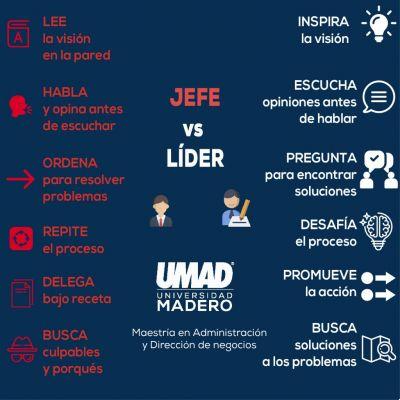Let's analyze the meaning of the title of this article based on the ideas of some brilliant thinkers.

Last update: January 27, 2022
The phrase "whoever does not know its history is condemned to repeat it ”contains great wisdom. Although its exact origin has not reached our days, there have been many who have pronounced it with greater or lesser success.
But what exactly does this sentence mean? In the following lines we will embark on a journey through the thought of brilliant minds such as Confucius, Freud, Paul Preston and JD Nasio to discover because human beings seem doomed to constantly repeat the same mistakes without learning from them.
"They say history repeats itself, the truth is that its lessons are not learned."
-Camille See-
The history of peoples
If we look at the history of peoples and at humanity itself, we find errors that are constantly repeated. Although we know how harmful a war can be, from the beginning of time we remember peoples in constant struggle with no apparent ability to resolve it.
We also find the severe economic crises that have plagued our capitalist world for decades. After the fearsome Crack of 29, in which millions of people were ruined due to unlimited speculation and ambition, we repeated the same mistake in 2008. And according to experts it will not be the last.
In Europe, many have tried to govern the entire old continent. Alexander the Great traveled throughout Asia to annex a good number of territories. The Roman emperors, Napoleon Bonaparte and even the dictator Adolf Hitler tried unsuccessfully.
Why? What is hidden in the psyche of the human being that seems to lead him over and over again to stumble on the same stone and repeat mistakes while knowing their futility? Is there a rational explanation?
Those unfamiliar with its story stumble on the same stone over and over again
The explanation of the human being's lack of historical memory is not simple, but many scholars have dealt with the subject. Centuries ago, Confucius himself warned us about it.
After meeting a woman who was crying inconsolably because her family had been killed by a tiger, everyone was surprised by her choice to live in the same place.
But nothing mattered to her anymore, because the meaning of her life had vanished. However, Confucius made a curious observation to his followers. He told them that a tyrant ruler would always be worse than any man-eating tiger.
After thousands of years, tyrants still exist in much of the world. How can such a thing happen? According to Freud, there are two main reasons.
On the one hand it establishes the energy of life, on the other the energy of death. In this case, Freud speaks of the life drive or eros, and the death drive or thanatos:
- Eros is summed up in our instinct for self-preservation. Food, sleep, etc. would fall under this section.
- However, thanatos leads us in search of sublime pleasure, a place where there are no worries, anguish or pain. This state is reached only with death, so we would tend unconsciously to repeat the mistakes in the search for absolute well-being.
Nasio and the compulsion
Along the same line of thinking we find the psychiatrist JD Nasio, who in his work delves into Freud's teachings as a result of the life and death drive:
- According to Nasio, every human being has an unconscious that moves him like a life force, which would lead him to repeat happy behaviors.
- But there is also the death drive, which causes humans to unconsciously repeat behaviors that lead us to pain, failure, frustration and even recreating childhood neuroses.
per nation, the repetition of infantile neuroses causes in us an "enjoyment" which leads to repeating behaviors that are actually painful. These strong emotions that are not grounded in consciousness are isolated in the subconscious, waiting for the best opportunity to emerge.
Who does not know its history: the importance of history and science
Authors such as the famous Paul Preston emphasize the importance of the study of history. This seems like a good way for a people not to constantly repeat the same mistakes. Now, what happens when we observe that this trend could be natural in the human brain?
That men don't learn much from the lessons of history is the most important of all history lessons.
-Aldous Huxley-
Conclusions
Is there a way to avoid repeating the same mistakes over and over again? It is evident that it does not lie only in knowing the story. We also need to know how we are. Each individual is unique and therefore a world to discover.
It therefore seems obvious that studying the history of peoples and knowing the human brain in detail at an individual and collective level can become the only solution to avoid constantly repeating the same mistakes. What do you think?


























